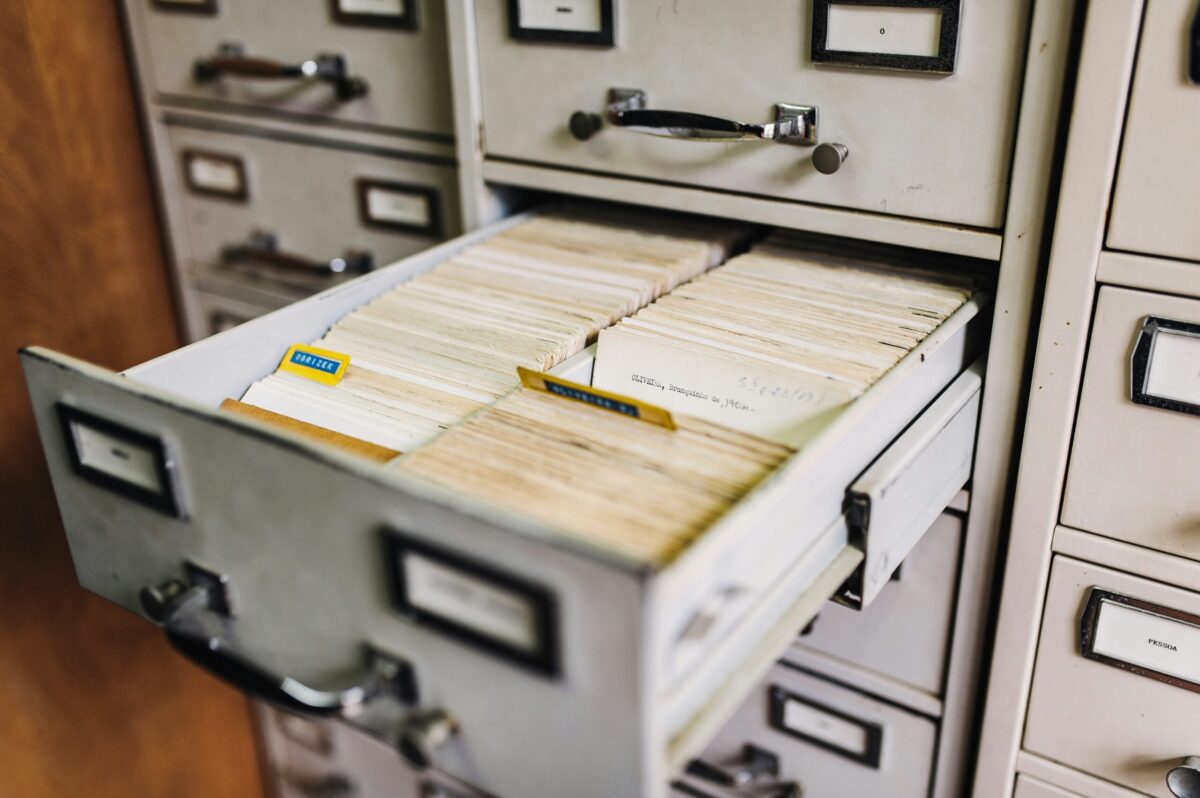Tether, the company best known for its $USDT stablecoin, is taking a big step outside the cryptocurrency world. It has invested $100 million in Adecoagro, a major agricultural company in Latin America.
This is the first time Tether has invested in agriculture, signalling that the company is looking to diversify its investments and explore opportunities beyond digital finance.
In doing so, Tether bought a 9.8% stake in Adecoagro, which operates across Latin America, with farms in Argentina, Brazil, and Uruguay.
The company’s activities include producing large quantities of milk, rice, and sugar cane, and generating renewable energy using biodigesters.
Adecoagro is valued at nearly $1.2 billion, and Tether’s investment, worth $100 million, was completed between 29 July and 16 August, 2024.
The deal was confirmed in a filing with the United States Securities and Exchange Commission (SEC), showing that Tether now owns over 10 million shares in the company.
This move represents a significant shift for Tether, which has so far focused primarily on the technology and cryptocurrency sectors.
The company is reportedly generating over $13 million in daily revenue, largely from its stablecoin operations.
However, by investing in industries like agriculture, technology, and energy, Tether is looking to build a more stable and diverse portfolio of businesses.
Strategy behind the diversification
Tether’s decision to invest in agriculture is part of a broader plan to diversify its business interests.
Although the company is primarily known for its $USDT stablecoin, Tether has been expanding into various other sectors in recent years, including artificial intelligence, Bitcoin mining, and education.
The goal is to reduce its reliance on the volatile cryptocurrency market by spreading its investments across different industries.
According to a Tether spokesperson, the company sees land as a crucial asset that complements its other investments, such as Bitcoin and gold.
“Land is inherently scarce, provides long-term yield, and has historically served as a safe haven during periods of geopolitical instability”, the spokesperson said.
This new investment in Adecoagro aligns with Tether’s strategy of investing in industries that have a significant impact on global development.
Agriculture plays a vital role in feeding the world and supporting economies, and Adecoagro, as a leading producer of essential crops and renewable energy, fits well into Tether’s plan to back industries that contribute to sustainable growth.
USDT remains Tether’s core product
While Tether is branching out into new sectors, its $USDT stablecoin remains at the heart of its business.
It is the world’s most popular stablecoin, with a market cap of over $118 billion. It operates across multiple blockchain networks and is widely used as a stable alternative to more volatile cryptocurrencies.
Tether has worked to make $USDT accessible in regions where traditional banking systems are often unreliable. In many emerging markets, $USDT has become a trusted digital currency that provides people with a stable store of value.
Paolo Ardoino, Tether’s CEO, referred to $USDT as a “digital dollar” for millions of people who don’t have reliable access to traditional banks.
“USDT has become the trusted digital dollar for hundreds of millions of people”, Ardoino said. “It provides access to financial stability when needed most, regardless of social or economic status”.
Recently, Tether also launched a new stablecoin tied to the United Arab Emirates dirham (AED).
In partnership with UAE’s Phoenix Group and Green Acorn Investments, this digital version of the dirham will be fully backed by UAE-based liquid reserves.
This move was seen as part of Tether’s strategy to enter the Middle Eastern market, which has seen increasing demand for digital assets, supported by the UAE’s crypto-friendly regulations.

